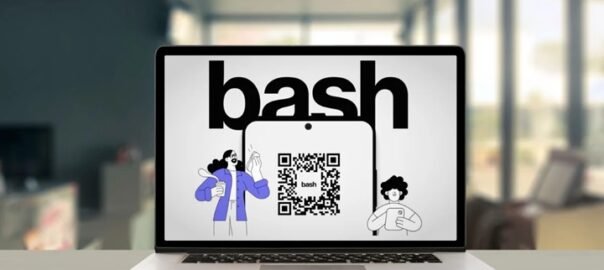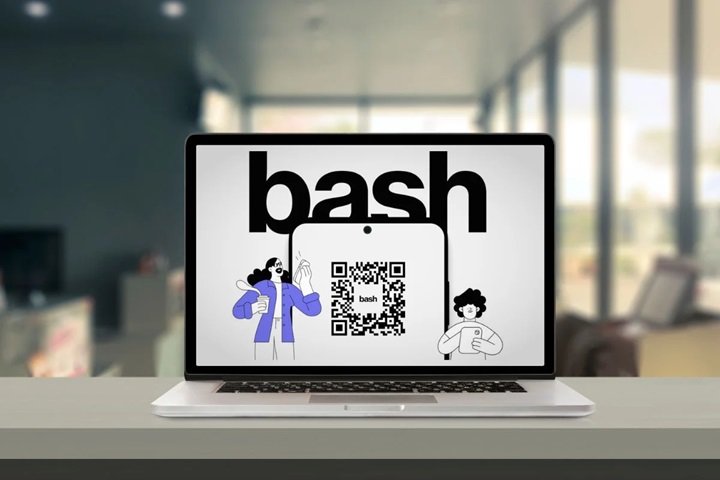
The online retailer taking on Takealot, Temu, and Amazon in South Africa
The Foschini Group’s (TFG’s) online shopping platform, Bash, officially launched in February 2023 and reached profitability just over two years later.
The e-commerce platform is a “one-stop shop” for hundreds of brands in the TFG group and has become a top e-commerce player and one of the country’s fastest-growing online shopping channels.
It competes with players like Amazon and Takealot in South Africa and international players like Temu and Shein.
In its latest annual results, TFG said Bash’s strong performance drove its online sales growth during the year ended 31 March 2025, contributing 5.8% to TFG’s overall sales in the African market.
“Online sales grew by 43.5% and now contribute 5.8% (FY2024: 4.2%) to total TFG Africa sales, driven by the continued strong performance of our Bash platform,” it said.
It said the online retail platform had reached profitability two years earlier than expected, which is no easy feat in the South African e-commerce market.
“Bash achieved a standout performance in its second full year of operation, contributing R2.1 billion in revenue. It is the digital equivalent of 195 physical stores,” TFG said.
“To put it into perspective, the R2.1 billion in sales is like adding the equivalent of 64 new stores without leases, buildout, or inventory risk.”
Each rand Bash generated in the 2024/25 financial year delivered R0.25 in profit, and the platform’s retention rate increased by 26% over the past 13 months.
“Bash has become more than a digital channel for TFG. It is a platform driving digital transformation across the group,” TFG said.
“From stores to supply chain, customer experience to cost efficiency, it’s now embedded in how the group grows.”
In late 2024, Bash co-founder Claude Hanan revealed that the company had acquired the Zando domain after Jumia Technologies announced the popular South African online store’s closure.
Attempting to visit the Zando domain now redirects to the Bash website.
Hanan said Bash was positioning the redirect for Zando shoppers to continue to shop the products they enjoyed on Zando, among others.
“For over a decade, you’ve trusted Zando as a pioneer of South African e-commerce. Thank you for being part of their journey,” the Bash redirect page reads.
“As a Zando customer, your shopping journey will continue. We’re excited for you to shop brands and stores you know and trust on Bash.”
Shaking up online shopping in South Africa
At launch, Hanan said he believes the Bash platform will change online shopping as South Africa knows it.
Developed by TFG start-up TFGLabs, Bash has been in beta form since July 2022 before officially launching on 20 February 2023.
Hanan and Bash co-founder Luke Jedeikin have extensive experience in the e-commerce space, having founded Superbalist, which was eventually sold to Takealot.
They also served as Takealot executives during the period when e-commerce was taking off in South Africa.
According to Hanan, TFG founded Bash because it didn’t want to risk not modernising, digitising, or innovating its brand.
Many e-commerce platforms already occupy a large portion of the South African market, but Hanan believes only a few provide worthwhile services to their customers.
He said Bash hopes to provide worthwhile services and hold its own in the crowded online shopping space by focusing on the fundamentals of e-commerce.
The platform also sees the large number of retailers it can plug into its platform as an advantage.
TFG’s Bash is also focused on being in control of end-to-end operations. To this end, it owns the “last mile” of its processes by both selling and delivering the products it sells
Another priority of Bash’s is the quality of its application.
E-commerce in South Africa is dominant in applications, and the retailer prioritised a slick app that offers a good user experience, design, and branding.
This was achieved through an in-house development team rather than relying on external developers with “no stake in the company”.
“At the moment, we have a team of 200 people who want this business to succeed,” said Hanan.
“You can’t outsource a core competency. Would a physical retailer ever outsource buying?”
Author Credits- Myles lllidge
MY BROADBAND









